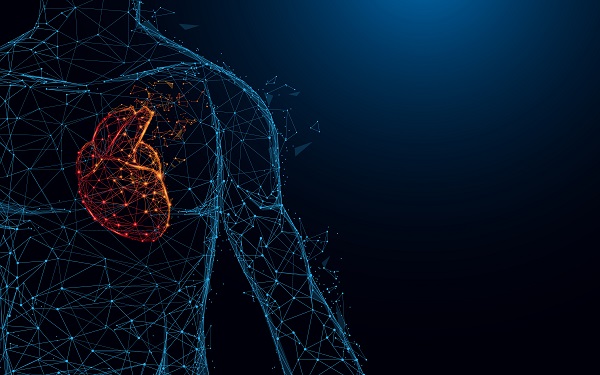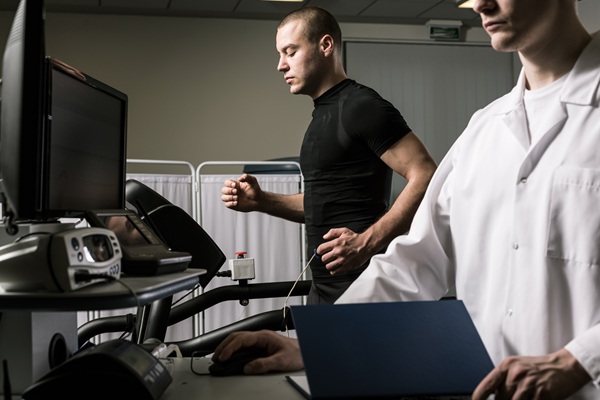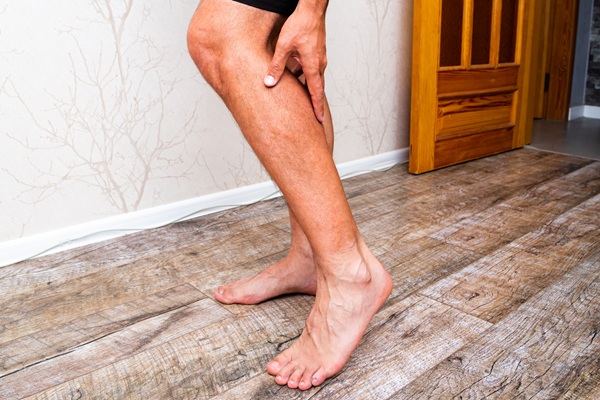Cardiology: Common Causes of Heart Disorders

Cardiology is a branch of medicine that studies the function of the heart and blood vessels. It also focuses on diagnosing and treating various conditions. If you believe you are having problems with your cardiovascular system, your doctor can recommend ways to combat the issues and restore your health.
Types of heart disease
Heart disease can affect not only the heart itself but arteries and blood vessels as well. Cardiovascular disorders come in many forms. Coronary artery disease is one of the most common. It occurs when fatty deposits known as plaque builds up in the arteries, blocking blood flow. There are also disorders of the heart muscle and problems with the electrical impulses of the heart called arrhythmias. Congenital heart disease affects a person from birth.
Dietary factors
Doctors who study cardiology often find that patients develop disorder because of a poor diet. Foods high in fat and cholesterol can lead to blockages and clots in the blood vessels. Excessive consumption of salt can cause high blood pressure. High amounts of sugar can also cause heart problems. On the other hand, people who eat a well-balanced diet of whole grains, fruits and vegetables tend to have healthier hearts and cardiovascular systems.
Sedentary lifestyle
Obesity, particularly belly fat, is a significant culprit in causing heart issues. Cardiology patients start getting help after years of being inactive. Regular exercise is critical, as it can regulate the heart rate and blood pressure. People should focus on aerobic workouts such as walking and jogging. Strength exercises can be helpful too.
Smoking
Anyone who works in cardiology will attest that smoking and the cardiovascular system do not get along well. This activity can contribute to a person’s risk of stroke and heart attack. It can damage the heart and affect its ability to properly pump blood. People who smoke should work with their doctor to quit. Those who do not smoke should never start.
Other health conditions
Sometimes, a heart disorder comes about because of another disease or illness. Diabetes, which is commonly found in overweight individuals, can cause heart problems. Rheumatic fever and some infections can also be a factor in damage to the heart valves.
Causes of infections
Heart infections are not a rare occurrence in cardiology. When bacteria reach the heart muscle, they can hinder this organ’s ability to function and send blood throughout the body. Parasites are one of the most common ways this can occur. Other viruses may also play a role in the development of heart infections.
Getting help in a cardiology department
You may never expect to be a patient in a cardiology department. If you eat well, stick to a workout routine and maintain healthy body weight, you can avoid heart disorders. Avoiding bad habits such as tobacco is also an important step in achieving your healthy living goals. If you are concerned about your heart health, find a cardiologist near you. This professional can test, diagnose and treat you. If you need help overcoming the effects of heart disease, make an appointment with your doctor today.
Get more information about Florida Premier Cardiology in Boynton Beach at https://boyntonbeach.floridapremiercardio.com.
Check out what others are saying about our services on Yelp: Read our Yelp reviews.
Recent Posts
A cardiac stress test is a diagnostic tool to evaluate how well the heart performs under physical stress. Cardiologists use this test to detect underlying cardiovascular conditions, monitor treatment progress, or assess the risk of future heart complications. Cardiac stress tests are essential in the early detection and management of heart disease.A cardiac stress test…
Peripheral arterial disease affects blood flow in the arteries, most commonly in the legs. It develops due to plaque buildup in the arteries that causes them to narrow and restrict circulation, possibly leading to discomfort, difficulty walking, and other serious complications. Recognizing the symptoms early and exploring treatment options can help improve the quality of…
Receiving cardiovascular treatment is a critical step in managing heart health, but recovery and long-term are equally vital to ensure long-term wellness. Whether the treatment involves medication management, interventional procedures, or surgery, maintaining a relationship with the cardiologist and following their recovery guidelines is crucial. A structured follow-up plan allows patients to maintain the benefits…
An echocardiogram is a common and painless test that helps doctors evaluate heart health. This test uses sound waves to create images of the heart, allowing cardiologists to examine its structure and function. Many people feel nervous before a medical test, but understanding what to expect can help reduce stress.An echocardiogram is a diagnostic test…


